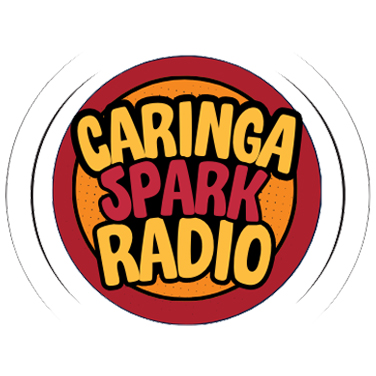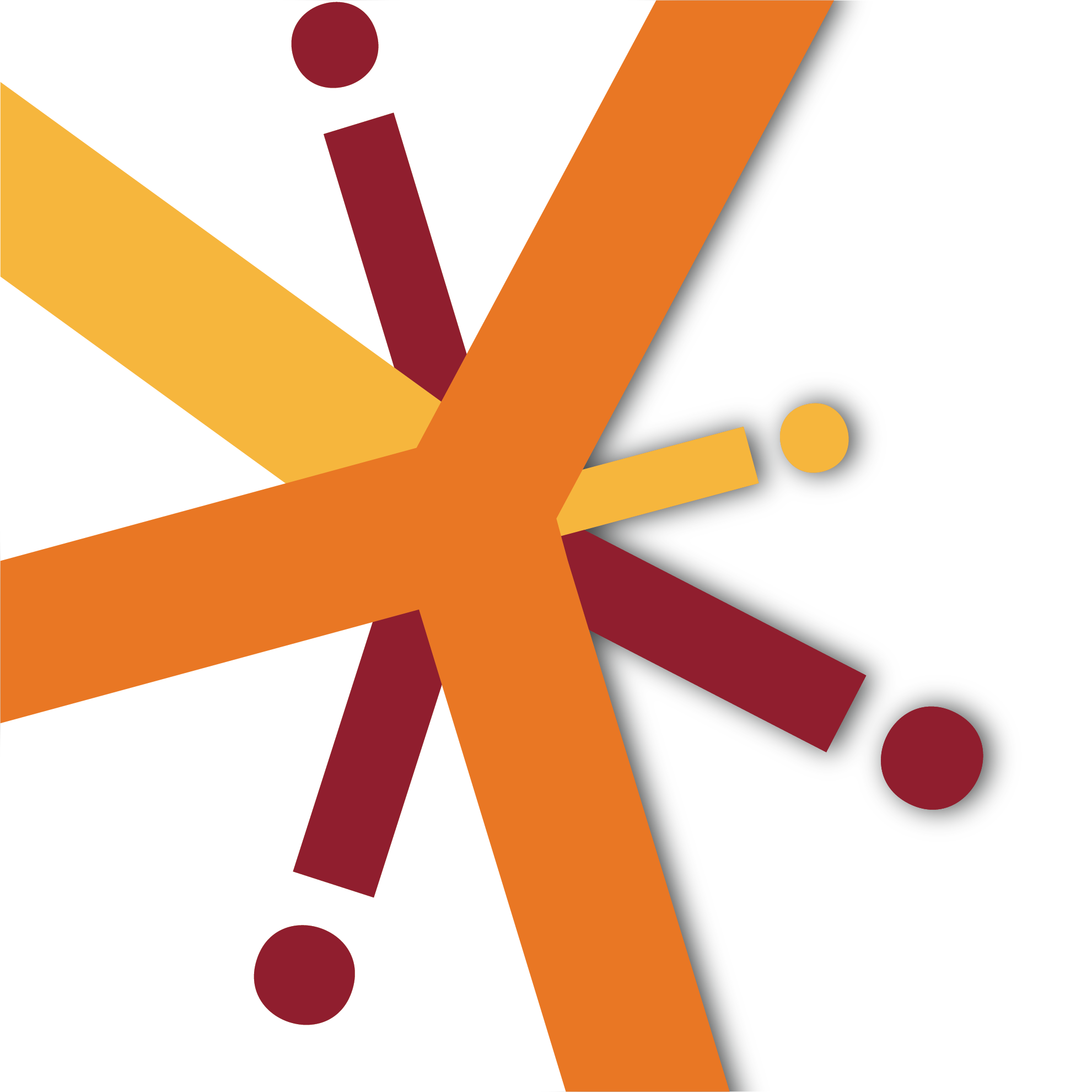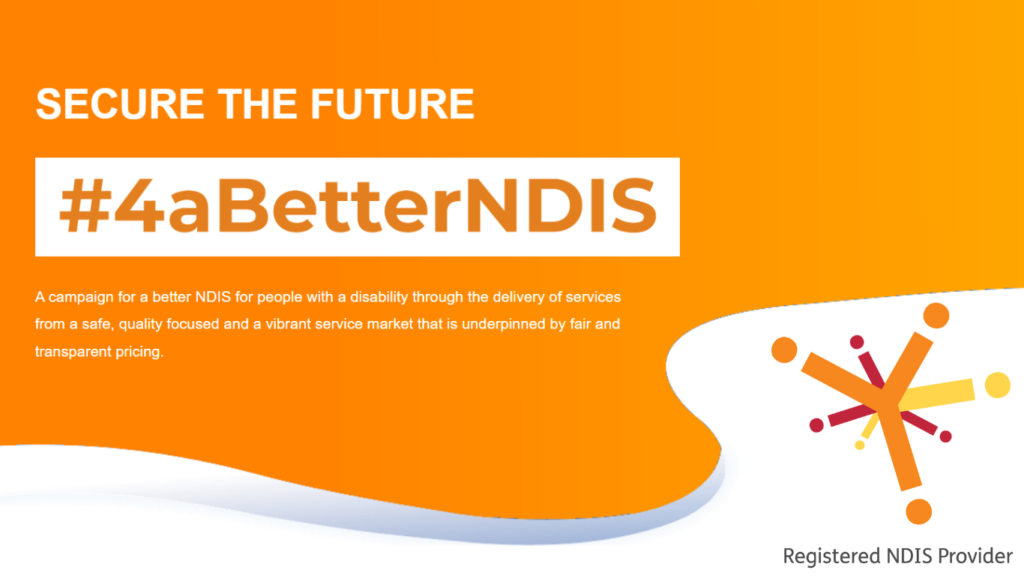From Leon’s Desk; Part 1 of a new Series:
Choosing an NDIS provider
As if having a disability wasn’t complicated enough already, we now keep hearing about NDIS PROVIDERS who cannot be trusted to do the right thing.
This is a problem for people who are seeking support because often the services that are required involve a degree of risk and vulnerability. For example, a person may need their support provider to have a specific level of skill to safely receive that support. A support provider may need to assist with tasks that involve private or confidential information, for example, paying bills or helping with banking. Or it may just be that you need to get the best value for money from a limited NDIS budget, without anyone skimming those valuable support dollars from your plan.
In these cases, the person seeking support wants to be reassured that their provider is trustworthy. As a parent of a child with disability, that is my most important criterion!
This is not that different to other areas of life. For example, most people want to be sure that their car mechanic or their plumber is qualified to do a proper job. We know that it is best to engage a licensed builder for jobs that are over a certain value. Using licensed people for these jobs provides some reassurance that the job will be done properly and that there may be a legal option to rectify problems because the work is warranted and insured.
In the NDIS space, it is not always easy to work out whether a provider is trustworthy. The news is frequently showing us horrific stories of shonky providers who either rip people off or put their safety at risk. Sometimes these frightening events have tragic outcomes.
It leaves most of us thinking, ‘How can we make sure we don’t end up with a dangerous or dodgy support provider’?
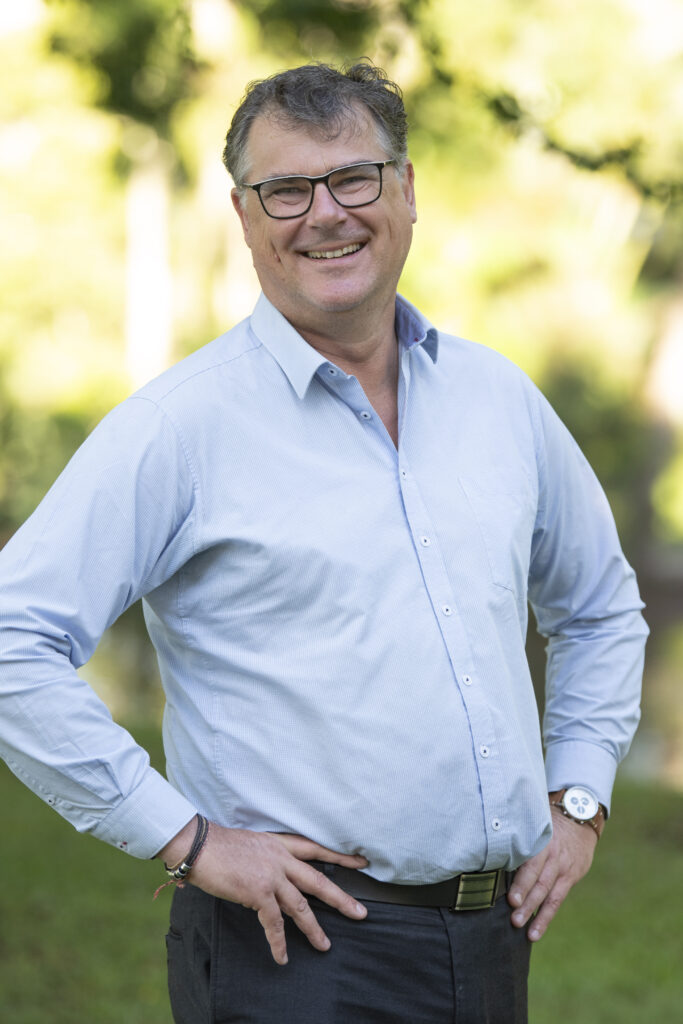
My name is Leon Ankersmit. I am the CEO of Caringa and I have supported people with disability to live a complete life for more than 30 years.
Caringa has been a provider of disability support services for more than 70 years. We have built our reputation over those years by working with people who require our support, and by learning from them and with them how we can improve what we do. We have a good ‘recipe’ for making sure that the service we provide is high-quality, that the people we employ are trustworthy, and that our focus is always on making sure people are safe, and supported in ways that reflect their own needs and wishes. Our recipe has been perfected over 7 decades!
So I want to share with you, from our experience, how a person seeking support from an NDIS provider can try to make sure that they are choosing a safe, reliable and trustworthy service.

The good news is, that you don’t have to trust your gut feeling. This is good news because people who are not trustworthy can be very clever at convincing you that they can be trusted. They may tell you about how long they have been working in the industry, that they have their own life experience, or that they have many happy clients.
Your gut feeling about a provider can help decide whether to trust what they say. But it may not be reliable. After all, many people fall for all kinds of scams by trusting their gut feeling. They end up regretting it.
The amount of time that a provider has been working, their lived experience of disability, and their trail of positive reviews from other clients are also factors that you may want to consider in choosing to trust someone with your support needs. But again, these are not the only factors to consider, and they are not the most important.
Instead, ask some questions. As a potential ‘customer’ of a provider who is offering you their services, you are perfectly entitled to ask some specific questions. Your questions should focus on the evidence that supports their claims to be reputable, trustworthy, safe, or whatever else they are claiming.
For example, some key indicators of reputation and trustworthiness are how long a provider has been in business. This includes how long they have been operating under their current trading name. You see, some operators shut down because they are losing business due to poor quality or safety concerns, but then they pop up again under a different business name to continue trading. A recently started business or a change in trading names is a possible cause for concern. A great suggestion is to ask how long the operator has been trading under this name, and if the answer is that they have been trading since before the NDIS scheme started, then they have at least 10 years of experience. If they have changed their trading name, you are allowed to ask why, and then listen carefully to the answer. Good businesses and operators can change their trading name for sound reasons. In most cases this happens with great care and not very often. Consider a business like KFC: they were once known as Kentucky Fried Chicken, and then changed over to a new name that was familiar and simply modernized their ‘brand’. On the other hand, the brand LG was once known as Lucky Goldstar. Lucky Goldstar had a terrible reputation for cheaply made and low-quality products. They needed to build a new brand based on better quality products, without being reminded of their unfortunate reputation.
Another reasonable question is about the ownership of the provider who is offering their services. Traditionally, providers of services for people with disability were community based organisations, run by committees who were elected by members of the organisation. Like sporting clubs and service clubs such as Rotary, these organisations existed purely for the benefit of the people who used their services. The focus was on filling gaps such as respite, education and employment opportunities, and on providing support and care for people who could not or no longer be looked after by their families. For these providers, the concept of ‘ownership’ is not normal- they refer to something called ‘governance’ which relates to their highest level of decision making. Another version of these traditional providers are the ones operated by some of Australia’s oldest and most well-known charities. In many cases, these charities had their origins in faith-based communities, and their ownership or governance is through boards, which is another term for committees. The point is that these providers are not owned by a single person or a family, or a commercial company, but rather they are ‘owned’ and operated by charities, community groups and committees.
They are sometimes referred to as ‘not-for-profits’ because they do not exist to make a profit for their owners, but rather to provide a service to their target group.

Join me next week to discover indicators of quality for you to choose an NDIS provider.
Part Two is online now; here.
Stay safe!
Leon Ankersmit, Chief Executive Officer

Learn about Caringa’s journey across 71 years as a Community Organisation.
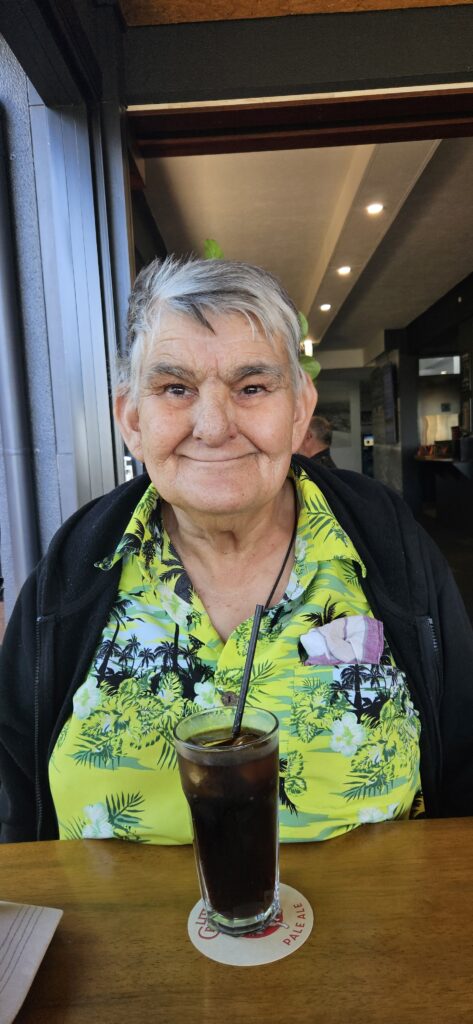
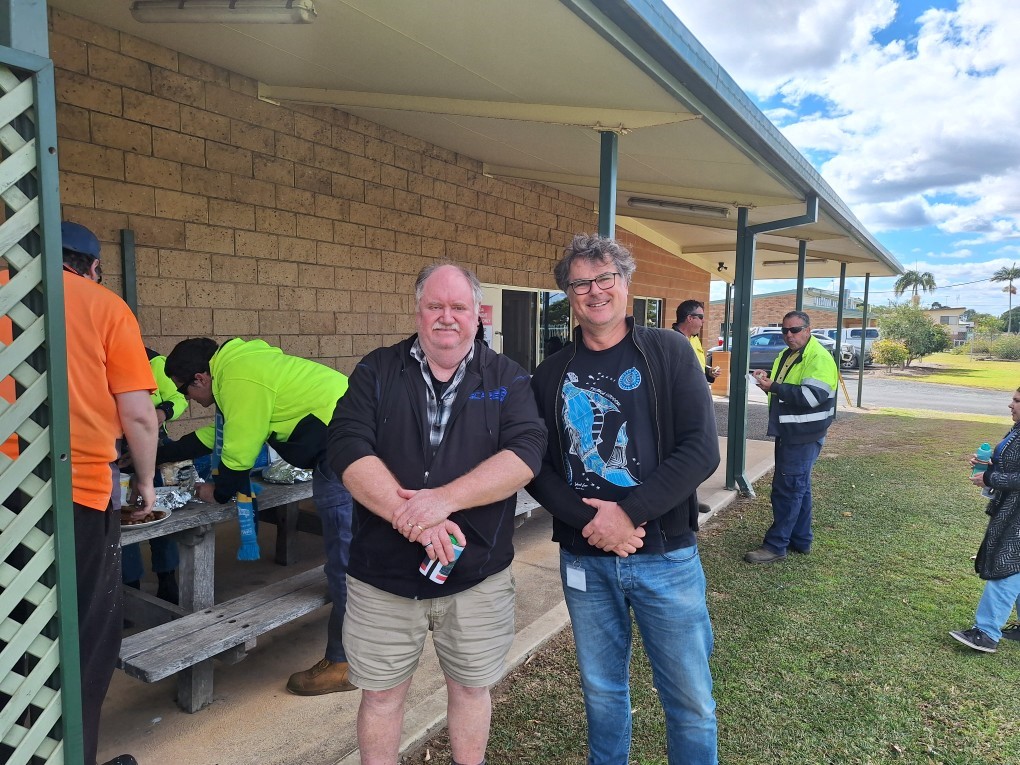
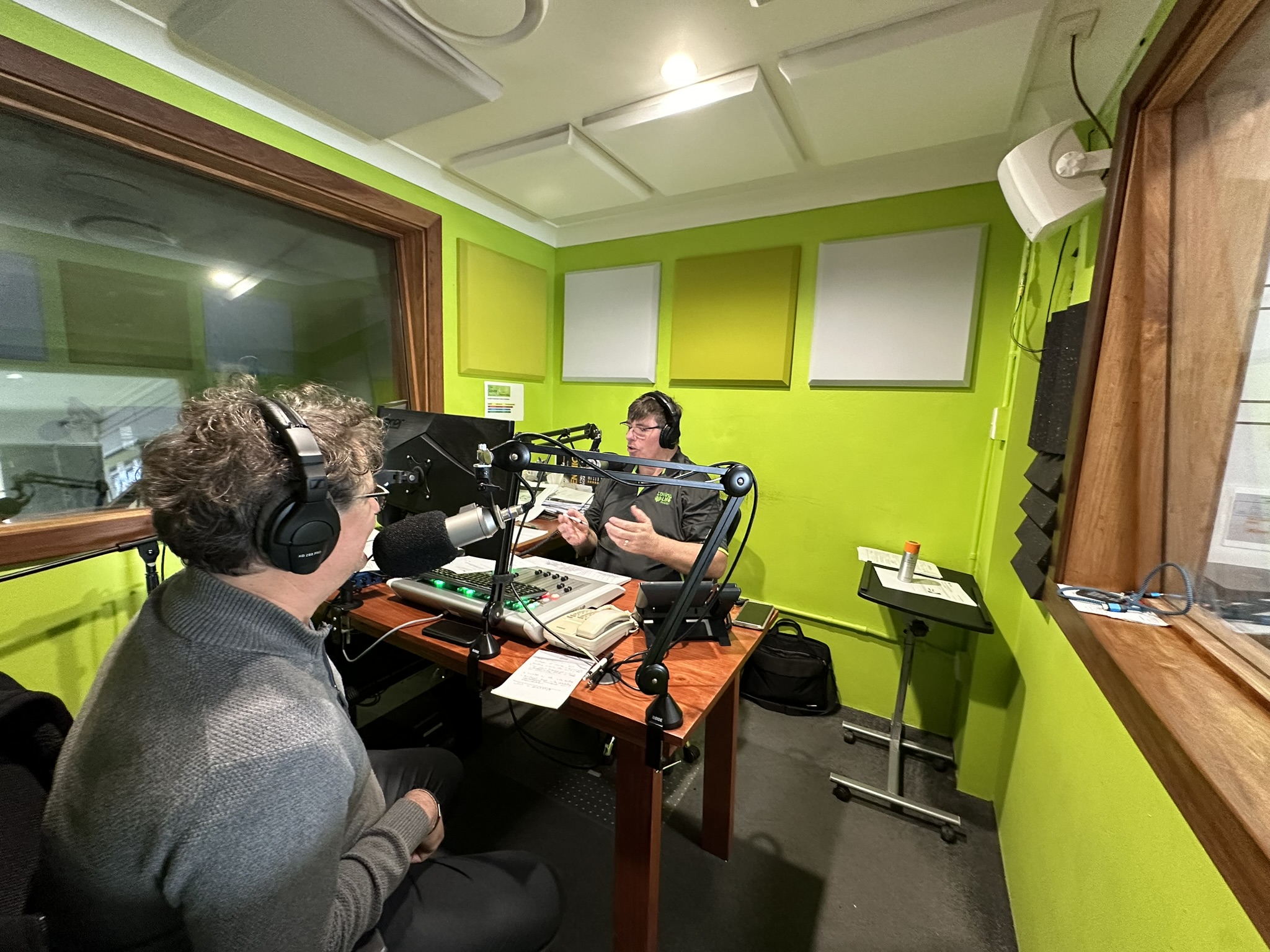
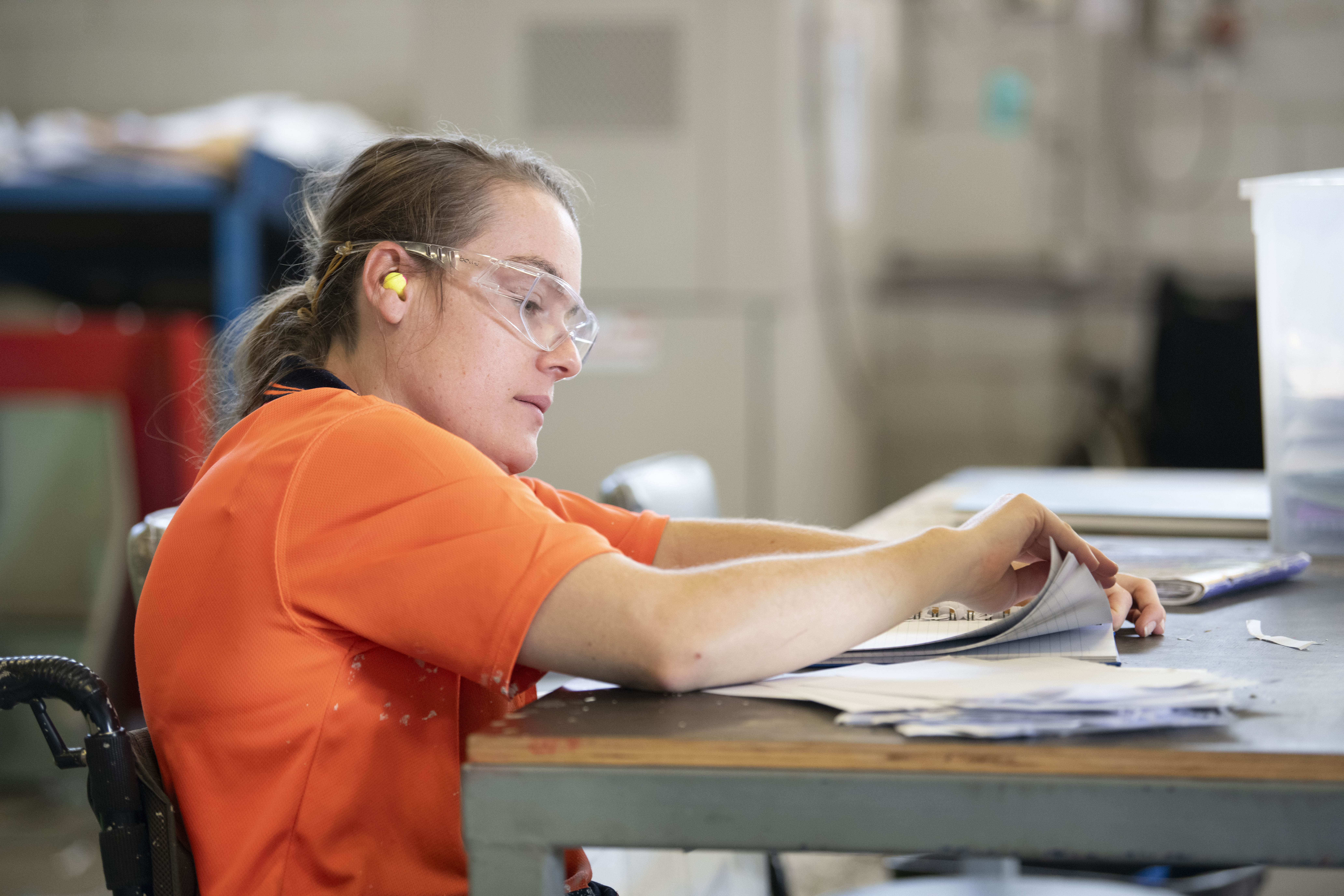


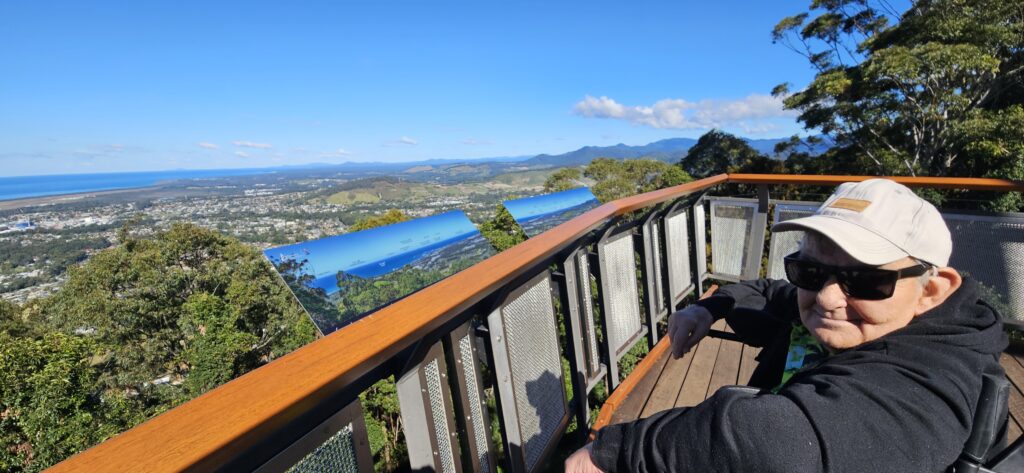
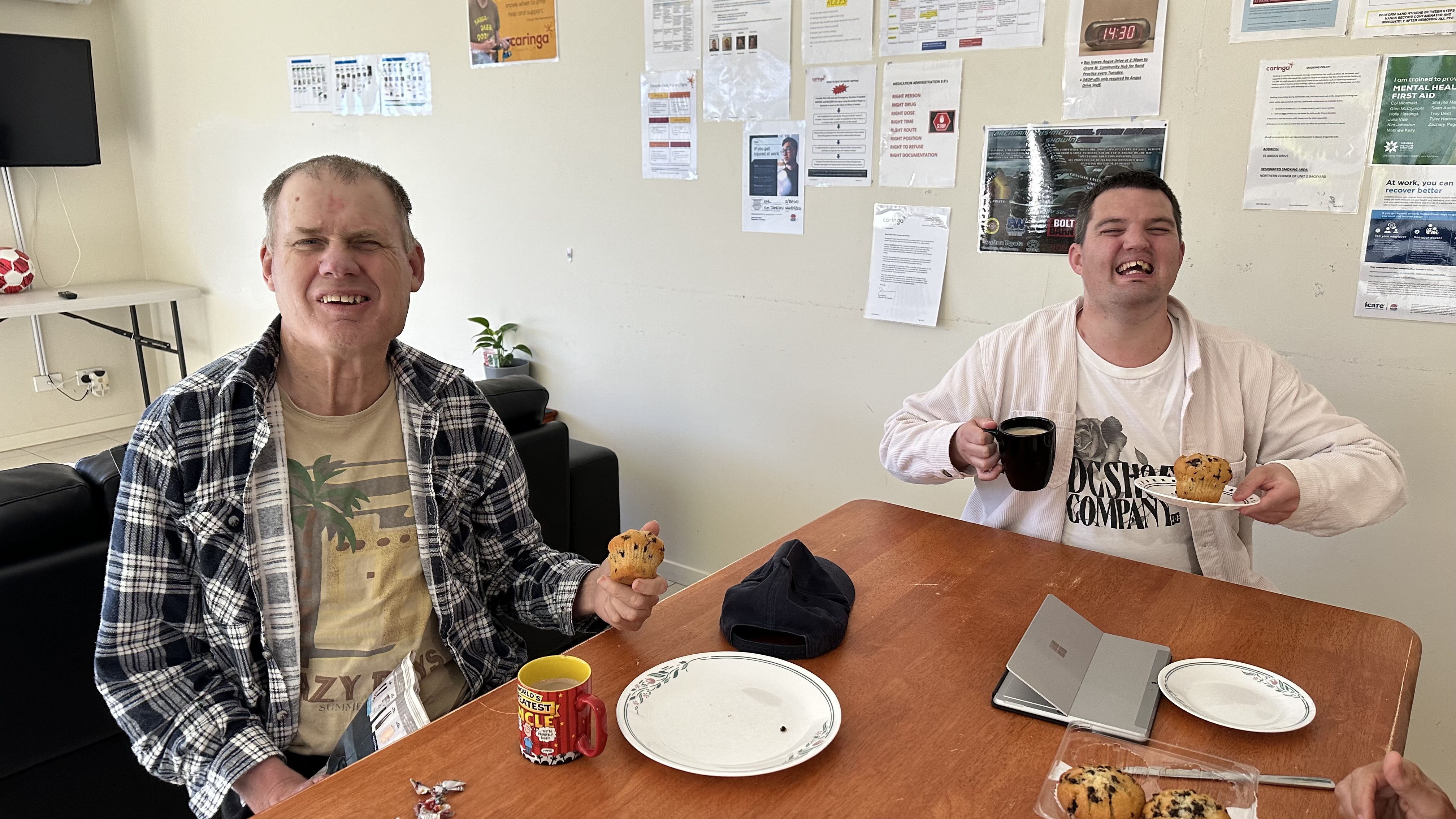


Join Caringa and our community to call on the NDIA and government to take urgent action to secure the future of services for people with disability and create a better NDIS. We need the Government to do a better job of managing the NDIS and act urgently to deliver fair, transparent and sustainable pricing.
Add your voice today:
www.4abetterndis.com.au


